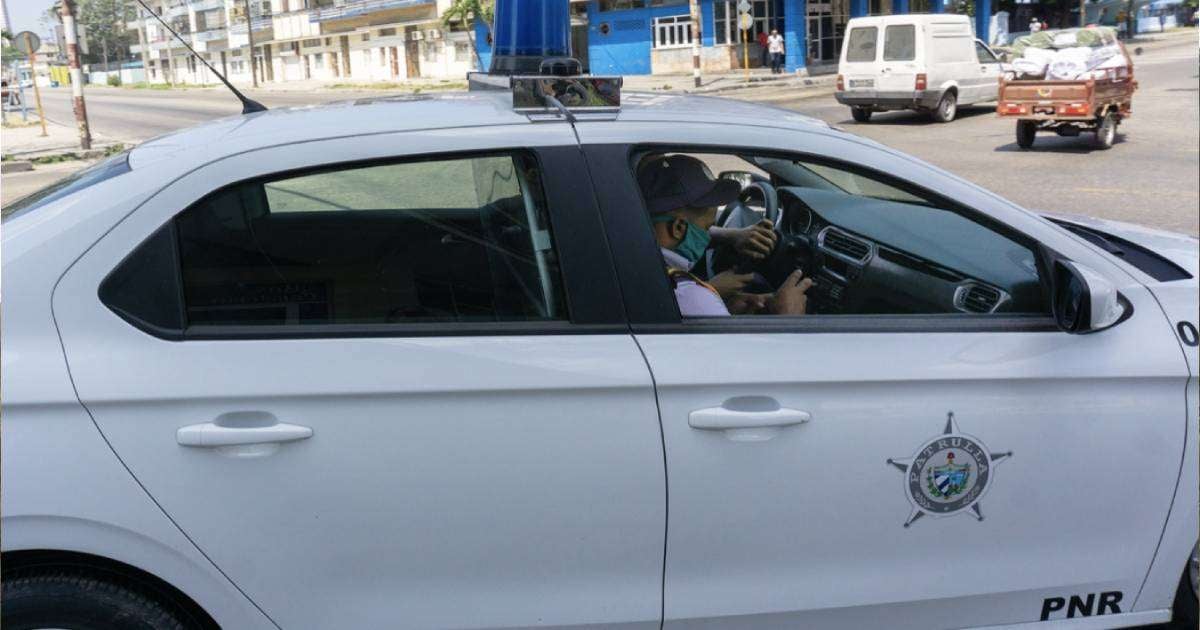A man was apprehended by authorities at the Baire checkpoint in the municipality of Contramaestre, Santiago de Cuba, while transporting over 1,000 pounds of clean coffee in a private sector vehicle. The officialist Facebook page "Héroes del Moncada" reported that the man was unable to provide documentation proving the legality of the cargo, which was allegedly intended for the informal market.
The seizure, conducted by the National Revolutionary Police (PNR) during an inspection, uncovered that the coffee was meant for illegal sale, contravening commercial regulations. Currently, coffee is one of the most sought-after commodities in Cuba. The constraints in official distribution and exorbitant prices in state-run markets have fueled the expansion of the informal market.
In some instances, people resort to alternative products as substitutes for the aromatic bean, which holds a significant place in the Cuban identity. Recently, authorities in Holguín detained Humberto Cabrera Sanz when he was caught transporting three sacks of beef in a cart.
This incident took place in the Curva de los Vázquez neighborhood in Buenaventura, as reported by the officialist Facebook page "Cazador-Cazado." As part of the Cuban regime's ongoing crackdown on illegal activities, the confiscation of 10 sacks of beef in Granma highlights the pursuit of the black market. However, these measures fail to address the underlying issue: the lack of access to basic foodstuffs that drives people to engage in such practices to survive.
According to the officialist Facebook page "Héroes de Azul," at the Jucarito checkpoint located between Granma and Las Tunas, 10 sacks of beef were seized from two individuals traveling in a private car.
FAQs on Coffee Seizure in Cuba
Why is coffee such a sought-after product in Cuba?
Coffee is highly demanded in Cuba due to its cultural significance and the limitations in official distribution, coupled with high prices in state-run markets.
What challenges does the Cuban population face regarding basic food access?
The Cuban population struggles with limited access to basic food items, driving many to resort to the informal market to meet their needs.
